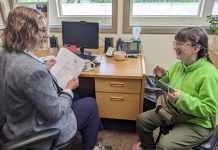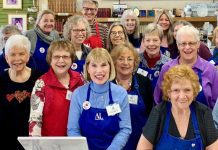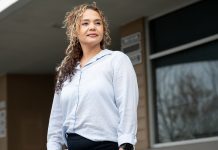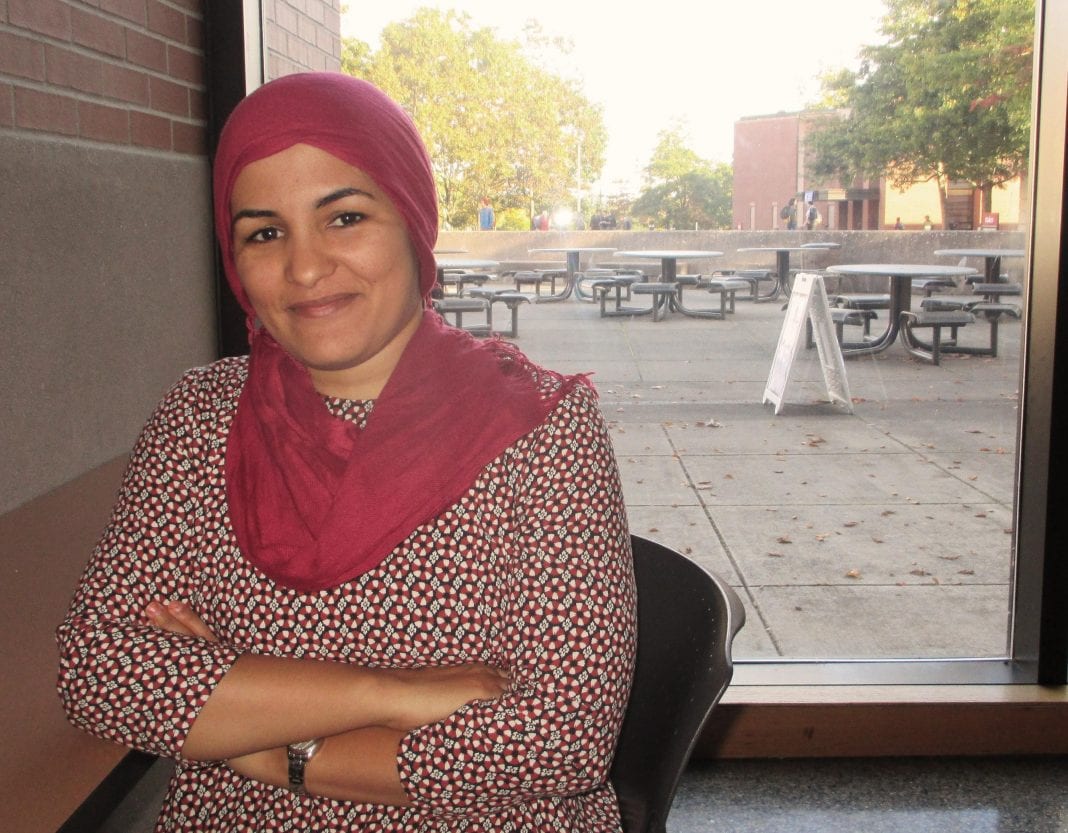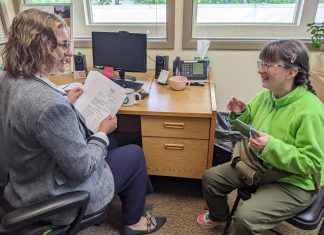Nestled in a corner hall of Whatcom Community College, the Simpson Intercultural Center is surrounded by students studying together at tables and taking a rest between classes. Inside, the atmosphere is warm, filled with posters and manifestos of inclusivity and tolerance. Students sit around the room in small groups, talking amongst themselves and laughing. The Intercultural Center provides a safe space for students from traditionally underserved and underrepresented communities, and supports them as they balance their schoolwork, hone their leadership skills and build friendships.
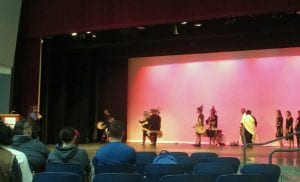
For student Najla Mohamedlamin, the Intercultural Center is a place where she feels safe being herself, something that she doesn’t feel everywhere on campus. “I attended the Student Leading Change Conference and asked where on campus I could practice my prayer safely. Betsy (Director Dr. Betsy Hasegawa) answered that the Intercultural Center was working to provide space for Muslim students to do prayer. After that, I felt the I.C. was such an amazing place to meet people who are different from me, but same in heart.”
Midday on Wednesdays, the center is lively. Students and faculty members come together for their pot-luck lunch discussion group, Stone Soup. The gathering provides the space and structure for discussions on culture and current events important to the students. For Najla, discussions with her cohort through Stone Soup has helped her shape a new perspective. “I have always had an open mind and am a tolerant person, but all the discussions have helped me see others in a new light and opened my mind even further. It has allowed me to embrace others on a deeper level.” She continues, “The I.C. has especially been helpful to me in the practice of listening and in the mindful consideration of others. We take turns speaking and I’ve learned to lead and participate in discussion in a way that doesn’t marginalize anyone in the group.”
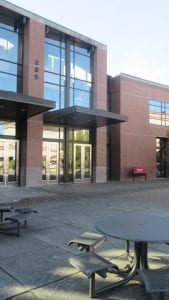
Much of the focus of the Simpson Intercultural Center is on developing leadership within students. The center holds workshops to help them develop public speaking and organizing skills, and they practice with each other in a supportive space. In this way, students who transfer to other institutions to finish their schooling have the confidence to continue practicing their leadership and organizing in other settings as well. “A lot of our students who transfer to Western take up leadership roles there,” says Director, Dr. Betsy Hasegawa. “They get involved in student government and associated students activities, and they work on campus. Many who otherwise hadn’t considered going beyond their undergrad, do go on to graduate school or intend to become administrators and come back to colleges.”
Student Jackie Rumble has been involved with the Intercultural Center since 2015. “For me, the I.C. has allowed me to not just find my community, but to see my community through new eyes.” For many students, the skills they learn participating in group activities at the center allow them to take further steps as leaders. For Jackie, “Working with the I.C. has expanded my leadership skills and taught me to reach out. I just recently facilitated a workshop at the Students of Color Conference on Heart Mapping.”
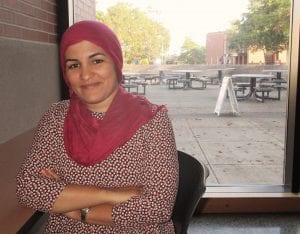
When asked in what ways the extended community of Bellingham could better support intercultural students, Dr. Hasegawa is clear. “People could hire our students. It is a great way to diversify work forces and I’d love to see more employers take chances on folks who are systemically non-dominant.” She continues that many of the students face barriers to work and school that are out of their control. “A lot of folks who come to the center are first-generation college, sometimes English is not their first language. For queer and trans students, they face objections around who they are and what they represent. For our undocumented students, even when they have social security numbers, there are fears and stigmas associated with them.”
As students who attend Whatcom Community College move through their studies and on to bright futures, Dr. Hasegawa recounts what she sees as the payoff for the efforts students have put into the center. “For students who started out thinking they weren’t college material, to move forward and for them to say ‘I can be a city councilperson if I want to,’ and see themselves as intellectuals and academics and change makers, that is the goal. For the students who find their way here, I hope for them to really take up their leadership in the world and to change the world. That’s the world I want to live in.”




















